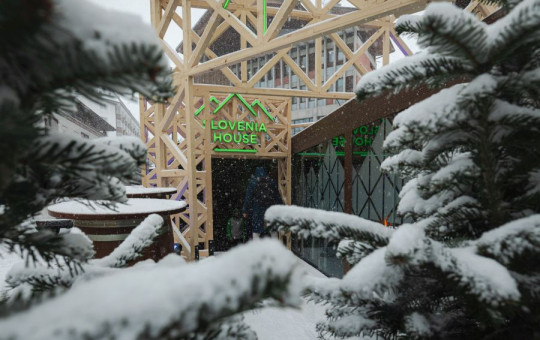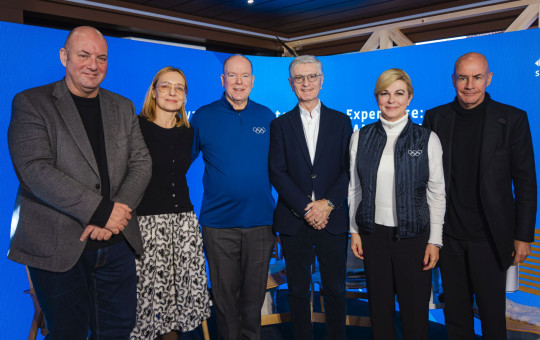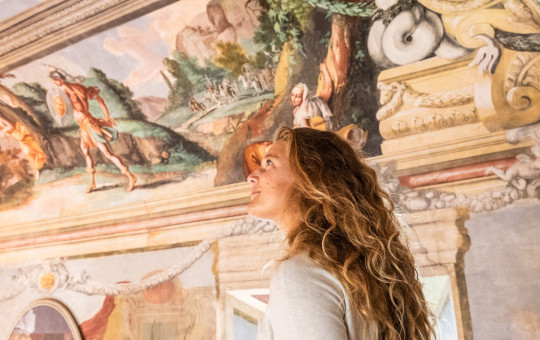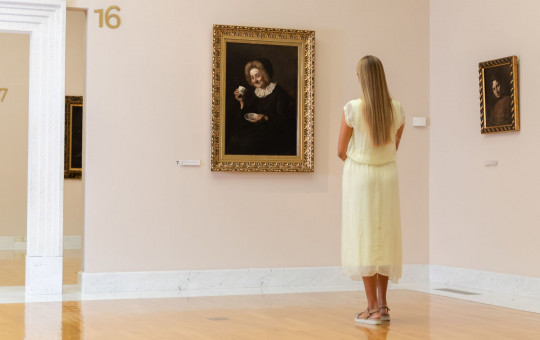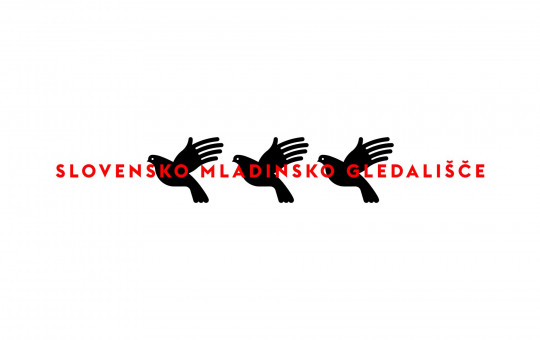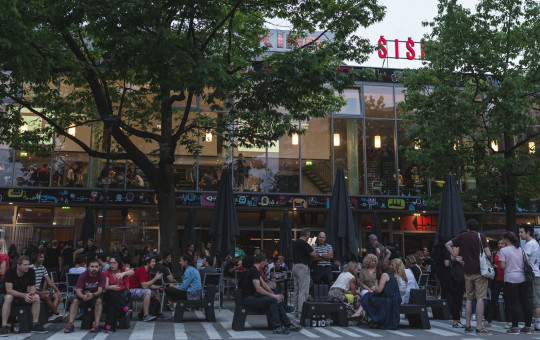Date: 6. November 2023
Time to read: 3 min
On 26 October, the new Rog Centre opened its doors in Ljubljana, inviting visitors to create in its various laboratories. The whole space is designed for different profiles of people and is sometimes deliberately undefined. The Rog, especially the glass extension, has been designed so that people can sit, read, work on the computer, talk, visit the library and reading room, drink coffee.
Creative workshops
The centre is based on workshops - labs, production spaces, whether woodworking, cooking, multimedia, green, 3D, textile, metal or glass and ceramics. For example, how do I create in a woodworking lab, but my knowledge is pathetic? First, I pay a membership fee of 15 euros and then I buy a package, weekly (20 euros), monthly (60 euros) or yearly (390 euros), which allows me to use all the machines in all nine laboratories, if I book in advance. Training of the local masters and mistresses is required beforehand, as safety is paramount. It is advisable to bring your own materials, but some are always available at the centre. No packages are required to enter the workshop, you can just attend one of the courses, free children's workshops and adult circles.
-
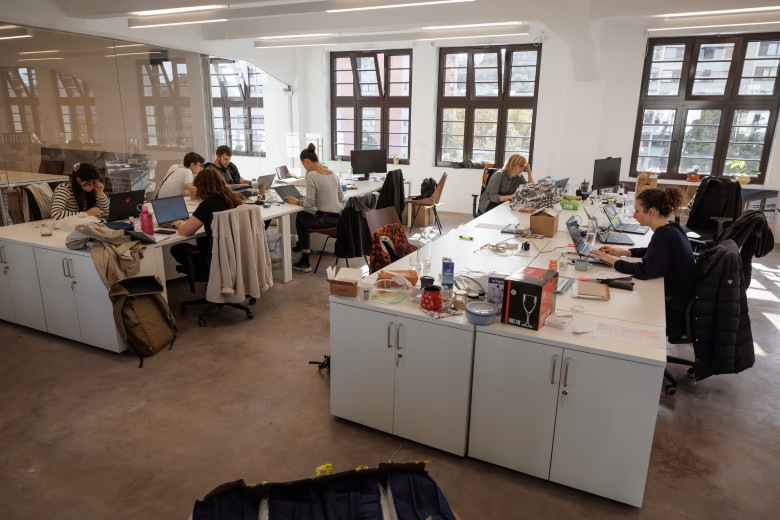 Workshops will open gradually, but all should be up and running by January. Photo: Nebojša Tejić/STA
Workshops will open gradually, but all should be up and running by January. Photo: Nebojša Tejić/STA
-
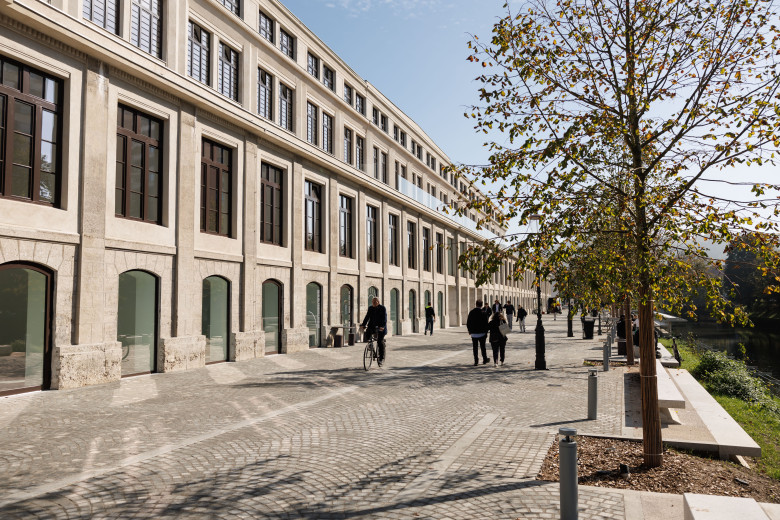 The building is accessible to the physically handicapped, with tactile signs integrated throughout for the blind and visually impaired. Photo: Nebojša Tejić/STA
The building is accessible to the physically handicapped, with tactile signs integrated throughout for the blind and visually impaired. Photo: Nebojša Tejić/STA
-
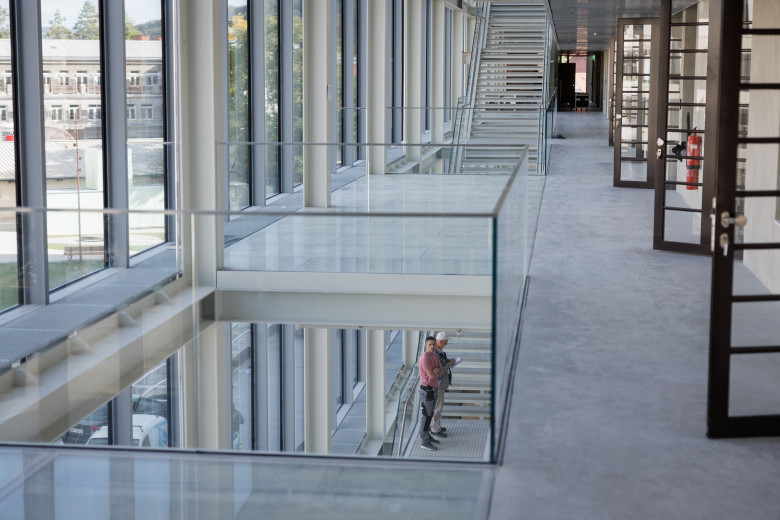 One of the main purposes of co-working spaces is for people to connect, consult and exchange ideas. Photo: Nebojša Tejić/STA
One of the main purposes of co-working spaces is for people to connect, consult and exchange ideas. Photo: Nebojša Tejić/STA
-
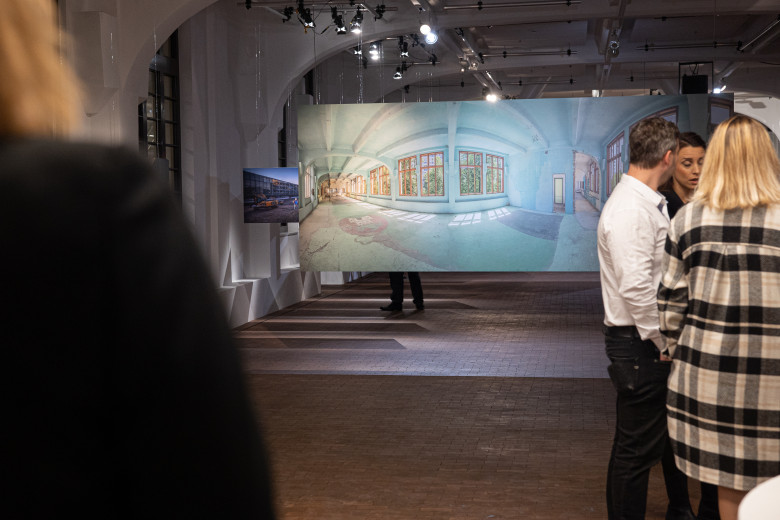 The Centre is already working with the University of Ljubljana and has signed a strategic partnership agreement involving ten faculties involved in the production of applied objects. Photo: Katja Kodba/STA
The Centre is already working with the University of Ljubljana and has signed a strategic partnership agreement involving ten faculties involved in the production of applied objects. Photo: Katja Kodba/STA
-
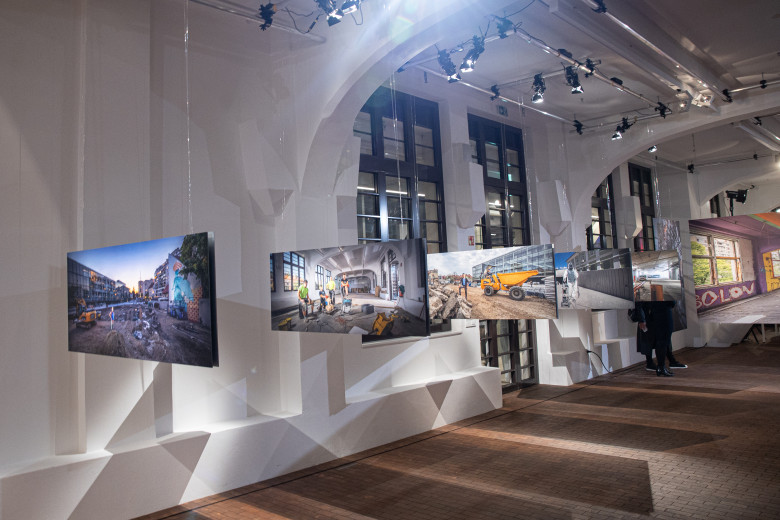 All facilities will be open to the general public, both professional and amateur, on the basis of a very affordable membership fee. Photo: Katja Kodba/STA
All facilities will be open to the general public, both professional and amateur, on the basis of a very affordable membership fee. Photo: Katja Kodba/STA
The essence of human creativity
The basic principle of the workshops is that by learning, by persevering, by always knowing something new, we make something new that we have imagined. That it is possible. You can even make a boat! That is the essence of human creativity. First you imagine something and then you create it with a combination of knowledge, creativity and the right tools, and the fact is that craft skills are becoming scarce, and technical education like we used to have, with all the saws, is no longer available in primary schools, but it is very useful, according to the leaders of Rogo.
They want to involve as many children and young people as possible in the workshops, because it is a kind of cultural education - you learn how something is made, how much material is needed, how much knowledge and how much time. Then you appreciate everything more and find it harder to throw it away.
The creative workshops will open gradually, but all should be up and running by January. Until then, there are twice-weekly guided tours, both of the workshops and of the whole centre. The building is adapted for people with reduced mobility, with tactile signs integrated throughout for the blind and visually impaired. For those who are unfamiliar with online registration and prefer to discuss workshop attendance and membership in person, the Centre has an information point open at all times.
The Textile Workshop is also very popular and will be running a large number of circles. The embroidery circle will be led by an immigrant artist from Afghanistan, and there is also excitement at the Ljubljana Needleworkers' Association, which is also inviting people to join its ranks. One of the main purposes of the common production spaces is for people to connect with each other, give advice and exchange ideas.
-
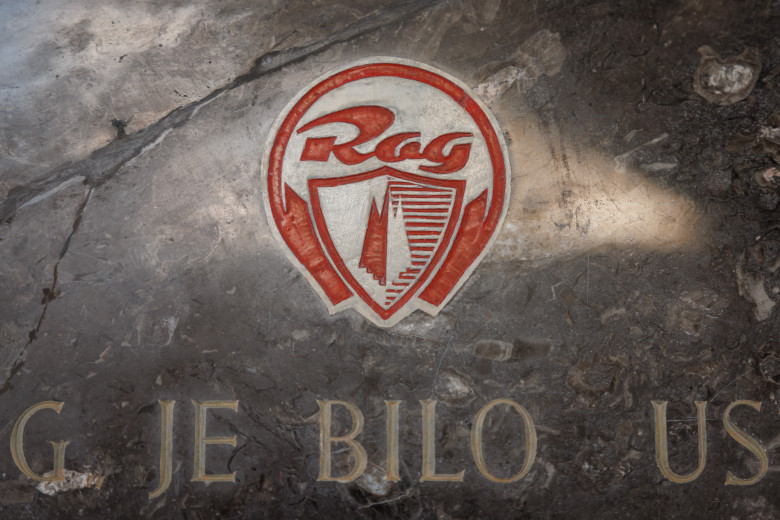 It has been a long process from idea to reality, starting in 2010, and the research findings have led to the RogLab pilot project in the form of a fabrication laboratory that would democratise the means of production, something that was invented in Massachusetts at the turn of the millennium. Photo: Nebojša Tejić/STA
It has been a long process from idea to reality, starting in 2010, and the research findings have led to the RogLab pilot project in the form of a fabrication laboratory that would democratise the means of production, something that was invented in Massachusetts at the turn of the millennium. Photo: Nebojša Tejić/STA
-
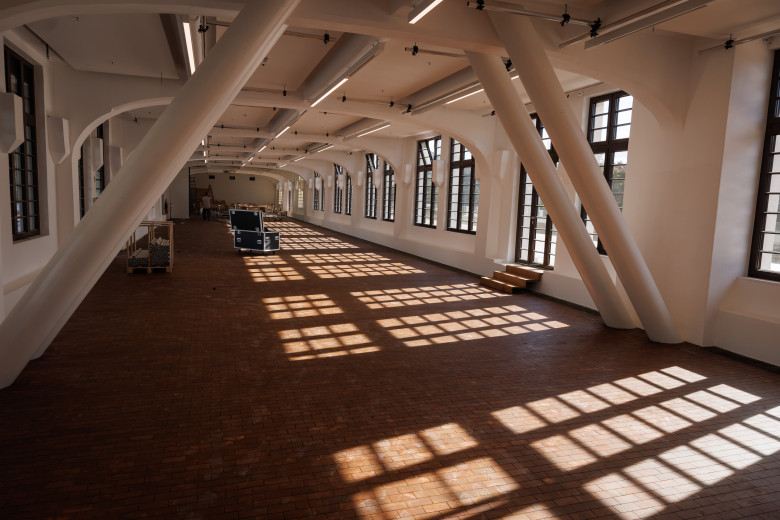 The Rog Centre will promote the sharing of different technologies, from the most advanced, such as digital fabrication technologies, to the oldest, such as cooking. Photo: Nebojša Tejić/STA
The Rog Centre will promote the sharing of different technologies, from the most advanced, such as digital fabrication technologies, to the oldest, such as cooking. Photo: Nebojša Tejić/STA
-
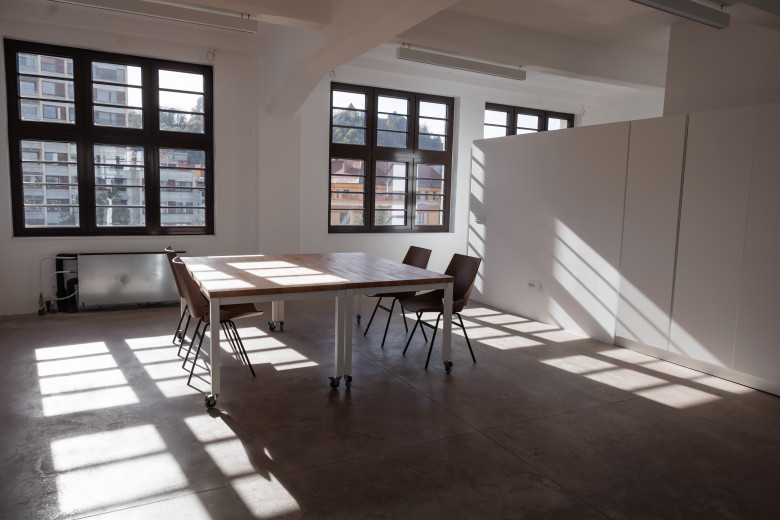 The centre will also offer nine workshops, including cooking, textiles, metalwork, woodwork, ceramics and glass, as well as a green workshop and a jewellery-making workshop. Photo: Nebojša Tejić/STA
The centre will also offer nine workshops, including cooking, textiles, metalwork, woodwork, ceramics and glass, as well as a green workshop and a jewellery-making workshop. Photo: Nebojša Tejić/STA
Studies on a rolling basis
It is also the exchange of ideas that should bring together the users of the studios, which are 20 in number and each of them will have project teams of two to five members. In another genre of art, they would be called studios. The current call for applications is open to all those working in the fields of urban handicrafts and crafts, product and fashion design, architecture and engineering, and applied arts. The studios are available free of charge for one to three years, allowing circular use and accessibility to a greater number of creatives.
There are also residential studios for foreign artists and those working in Slovenia on the periphery or abroad. The Young Horn programme is aimed at promising young people aged between 17 and 28 who are developing their own projects. The ten selected artists will be able to use all the production workshops free of charge for one year, with the support of mentors, and will also have access to a shared workspace. In this context, it is worth mentioning the University of Ljubljana as a partner of the Rog Centre. Around ten faculties will hold practical seminars with students and interdisciplinary projects in the Rog premises.

